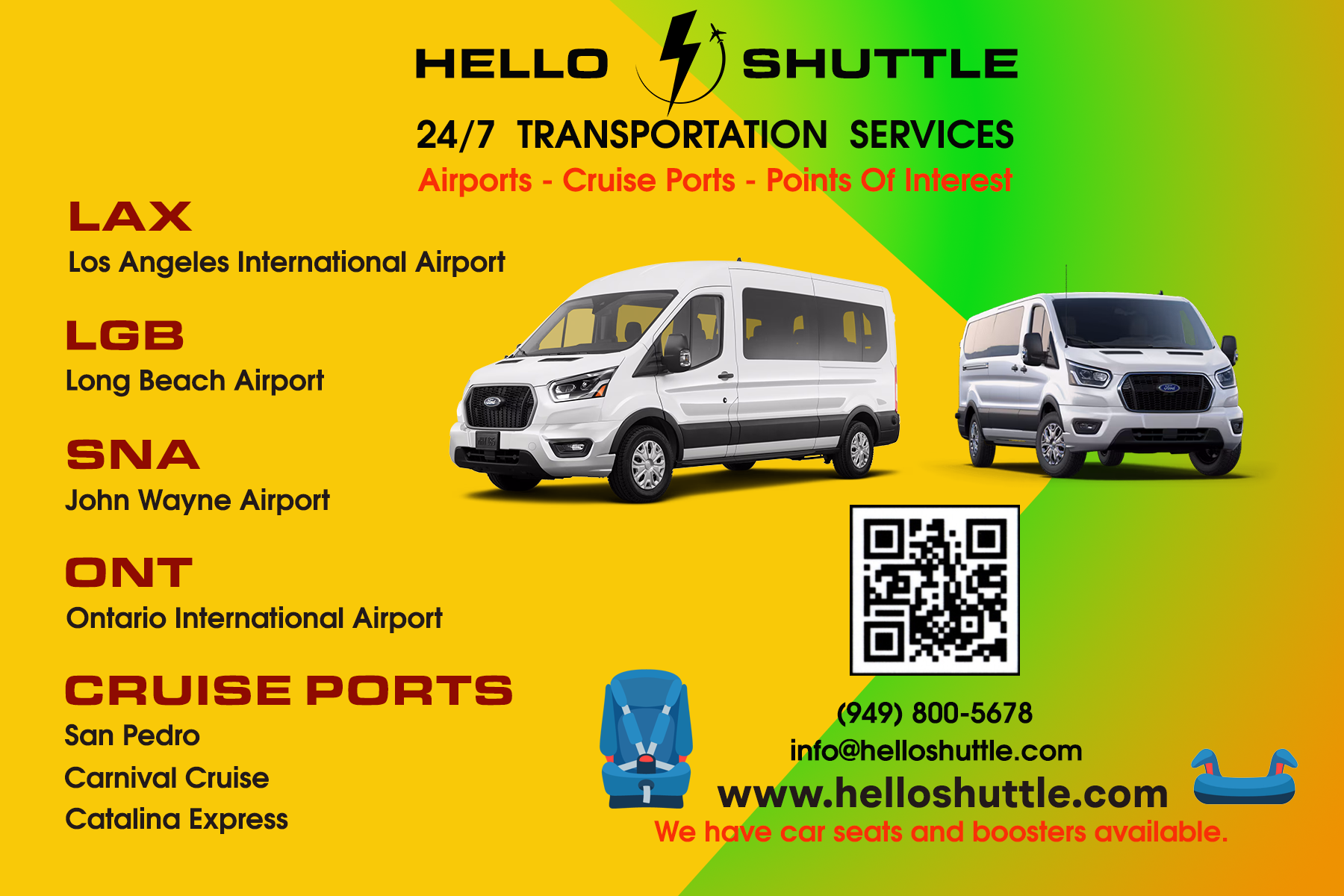
U.S. Vice President JD Vance delivered a blistering speech at the Munich Security Conference on February 14, sending shockwaves through European political circles and deepening concerns about the future of the transatlantic alliance.
Vance’s remarks marked the first major address by the Trump administration to European leaders, who had been eager to hear a clear U.S. plan for ending the war in Ukraine—especially after President Donald Trump’s recent call with Russian President Vladimir Putin. Instead, Vance stunned the audience by declaring that Europe’s greatest threat comes from within, not from Russia, China, or any external force.
“What I fear most for Europe is not Russia, China, or any other external factor,” Vance said. “The greatest danger is the continent’s retreat from its core values.”
He accused European governments of “stifling free speech and democracy” by suppressing far-right voices on social media, criticizing Germany for prosecuting anti-feminist speech, condemning Sweden for convicting a Christian activist, and rebuking the UK for allegedly violating religious freedoms.
Throughout the 20-minute speech, the conference hall remained largely silent, with only sporadic applause. The address reinforced European fears that the U.S. alliance is shifting at a rapid pace—and that there may be little they can do to stop it.
A New America? European Leaders Grapple with Trump’s Foreign Policy
“This is a new America. The country that Europe has relied on for decades is gone,” a former U.S. official told Politico. “This is a wake-up call for Europe.”
The speech followed a series of statements from the Trump administration that have unsettled European allies. On February 12, U.S. Defense Secretary Pete Hegseth declared that Ukraine should not expect to regain its pre-war borders or join NATO, while urging European allies to increase defense spending.
Hours later, Trump announced that he had spoken with Putin and that peace talks “would begin immediately”—notably omitting any mention of the European Union’s role in negotiations. Trump later echoed Hegseth’s views, reinforcing concerns that the U.S. may strike a deal with Moscow without prioritizing Kyiv’s or Europe’s interests.
While Pentagon officials later attempted to reassure allies, European leaders remain wary that Washington and Moscow could secretly pursue a settlement that excludes Ukraine and the EU. They had hoped Vance’s speech in Munich would clarify the U.S. stance on Ukraine, but instead, he focused on attacking European policies on democracy, human rights, and immigration—while expressing support for far-right movements across the continent.
“If you are running for office in fear of your own voters, then America cannot help you,” Vance said, urging European nations—particularly Germany—to “change course” on immigration. His remarks came just a day after a 24-year-old Afghan man was arrested in Munich for driving into a crowd and injuring 36 people.
Vance also called for far-right, anti-immigration parties in Europe to play a greater role in governance, just nine days before Germany’s general elections. Reports indicate that he met with Alice Weidel, the leader of Germany’s far-right Alternative for Germany (AfD) party, on the sidelines of the conference—potentially signaling U.S. support for the party ahead of the election.
European Backlash: “An Attack on Democracy”
Many European officials were left stunned by the speech, with some drawing comparisons to Russian President Vladimir Putin’s infamous 2007 Munich address, in which he warned that NATO expansion would lead to conflict with Russia.
“He lectured us. He humiliated us. The atmosphere in the room was eerily similar to when Putin spoke in 2007,” a senior European diplomat told Financial Times, calling Vance’s message “very dangerous.”
Max Bergmann, director of the Europe, Russia, and Eurasia Program at the Center for Strategic and International Studies (CSIS), described the speech as “a power play aimed at intimidating Europe.”
“It was a direct effort to influence European politics,” Bergmann told NPR. “If a European leader did this in the U.S.—especially before a major election—the backlash would be immense. And Europe is responding accordingly.”
He warned that Vance’s remarks could mark a turning point in the transatlantic alliance, with relations between the U.S. and Europe fracturing at multiple levels.
The Emerging Rift: U.S. and Europe on a Collision Course?
The widening gap between the U.S. and Europe is becoming increasingly apparent. On defense, Trump’s administration is demanding that Europe take more responsibility for its own security. On trade, tensions are escalating, with Trump threatening to impose retaliatory tariffs on European goods, raising the risk of a full-scale trade war.
European Commission President Ursula von der Leyen has warned of the consequences of such a conflict, stating that Europe “wants to avoid a race to the bottom” with the U.S. However, she also made clear that the EU is ready to retaliate to protect its economic and security interests.
Following Vance’s speech, German Defense Minister Boris Pistorius condemned his remarks as “completely unacceptable”, criticizing the vice president for attacking U.S. allies while endorsing far-right politics.
“He ignored Russia, Ukraine, and China. Instead, he targeted allies and focused on ‘internal threats.’ His speech will be seen as a green light for adversaries to act while the U.S. is distracted,” Democratic Senator Andy Kim posted on X (formerly Twitter).
A Wake-Up Call for Europe?
Despite the strong backlash, some European officials believe the Trump administration’s blunt rhetoric is forcing Europe to take its security more seriously.
“Am I worried about the U.S.? To be honest, I’m more worried about Europe,” said Gabrielius Landsbergis, former Lithuanian foreign minister. “We can’t keep focusing on what’s happening in Washington or what Trump or his officials say. We’re already a few steps behind. The real question is—what are we going to do about it?”
As Europe grapples with this new reality, one thing is clear: the transatlantic relationship is facing its biggest test in decades.
(Sources: CNN, Politico, Reuters)
Hello Shuttle will strive to bring the latest updates. At the end of the day.
Are you looking for reliable airport and cruise port transfer services in Los Angeles?
We offer professional, safe, and punctual transportation from
Los Angeles Airport - LAX
Long Beach Airport - LGB
John Wayne Airport - SNA
San Pedro cruise port
Long Beach cruise port
Disneyland
and other destinations.
Let us make your journey stress-free and comfortable with our dedicated drivers and high-quality vehicles. Book now for the perfect travel experience at www.helloshuttle.com or call 944-800-5678!


